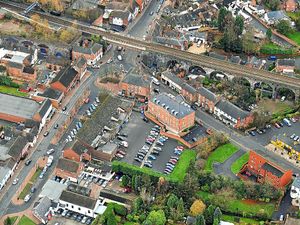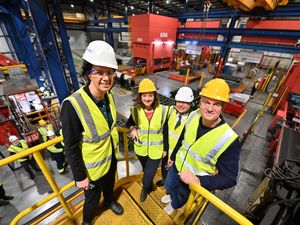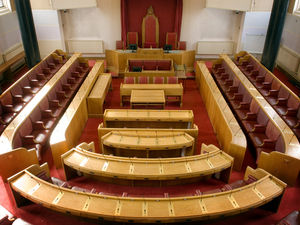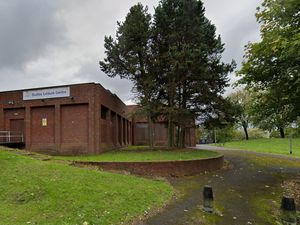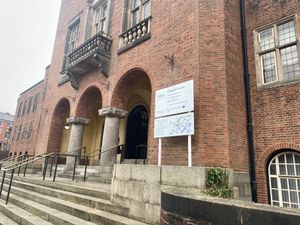Staffordshire County Council budget plan: Council tax to rise by nearly 4%
Council tax will rise by almost four per cent as part of Staffordshire County Council's 'most challenging budget to date'.
The move was revealed as the council announced its latest budget proposals.
Bosses said they were ploughing more money than ever into social care overall – but the latest proposals would see the council try to save £3.4 million by keeping children out of its care system next year and then a further £3.3m each year until 2021/22.
Meanwhile council tax will go up by 3.95 per cent.
The latest proposals will go before Cabinet in December and full council to be rubber stamped in February next year.
The authority still faces spending gaps of £14.7m for the 2017/18 budget, £20.6m in 2018/19, £30.7m in 2019/20 and another £35.3m in 2020/21.
Deputy council leader, Councillor Ian Parry, said he believed residents felt services were being well run and that they would accept that the council tax rise, which will see an average Band D property owner pay 83p more every week, as a necessity.
He said: "You don't go to work with a spring in your step. It's the most challenging time in local government ever financially and it's increasingly hard.
"There's a level of understanding that this is not about councils being out of control. It's not the old days when councils put up council tax by 10 per cent or 15 per cent because their spending was out of control because they couldn't possibly manage within a budget. This council's budgetary management is pretty spot on."
The council will also look to slice £3m from its drug and alcohol programme. The authority's sexual health service will be restructured and recommissioned – but will cost £1.815m less every year.
"Up to now we have made some difficult decisions and we've made some smart decisions as well and we don't have a level of criticism that other authorities have faced," added Councillor Parry.
"They've done the same cost reductions but I think have made different choices."
The council also said it plans to save £2.61m every year over the next five years by looking to move elderly people back into their homes after they have left hospital, or are recovering after they have received treatment.
As its population ages, the authority expects it will need to pay £2.2m more on simply delivering care services in 2017/18 and then £4.4m in 2018/19. The total hits £11m in 2021/22. Councillor Parry added: "It's what we're here for: We're a social care provider basically. People don't necessarily recognise that but that's what we do – we look after people.
Whether that's children coming to the care system or your grandmother who's living longer and possibly got onset dementia or diabetes.
"We're trying to take out gaps by being more efficient but that gap is still there. We've still got to fill it. Year on year we tend to spend more on social care, even those we've made some efficiency savings and even though our money is less, we spend more simply because there are more people who need it. That's the nature of it. We've done the heavy lifting, making sure the public sector transforms itself for the future. There's a gap in this – and that's the debate of how we fund social care in the future because it can't go on like this."
The authority is still waiting on £15m from the county's Clinical Commissioning Groups for the transfer of social care funding as part of its Better Care Fund.
And on a proposal to reduce spending in an area of its children's services by £3.4m next year, a council spokeswoman said: "This is work that we are doing to try to prevent children coming into care in the first place.
"Obviously it is better for people in the long run. It is that early intervention. It is not cuts. If children do not come into care, that is more affordable." Opposition Labour group leader Councillor Sue Woodward said: "There are huge cost pressures on all councils, mainly in social care.
"Many of these pressures have inflicted on the council by the Government's obsession with austerity measures, but some of the pressures are undoubtedly self-inflicted.
"The council leadership has failed to take some of the tough decisions they should have early enough to make a difference and too many of their assumptions about income have been wishful thinking. Now they find themselves at the edge of a cliff with a £14.7m gap for next year alone."

